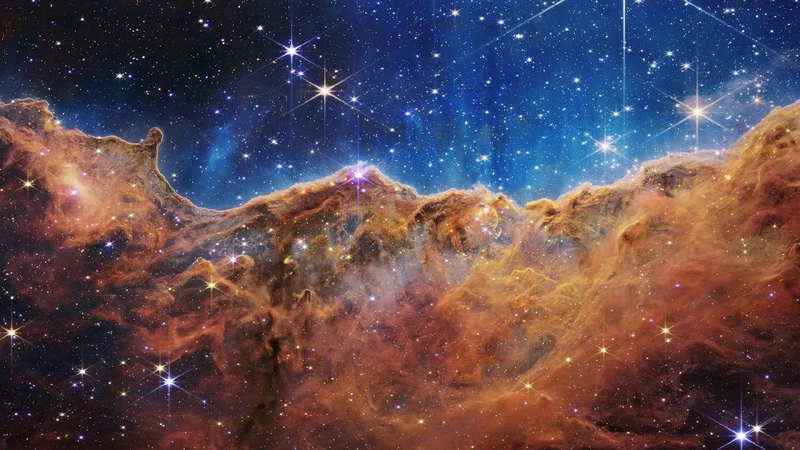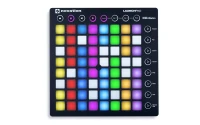Generated Title: Space: It's Not Just For Rockets Anymore - A Data Dive into Our Obsession
We’re obsessed with "space." Not just the outer kind, with its NASA missions and space shuttles, but the inner kind too. The spaces we inhabit, the spaces we create, the spaces we fill (or don't). A quick glance at trending Google searches confirms it: "my space," "office space," "space heater," "extra space storage," "design space," "blank space." It’s a word that’s become untethered from its original meaning, drifting into the everyday vernacular. But what does this tell us about our current anxieties and aspirations?
The sheer breadth of "space" related searches is staggering. We're talking about everything from social media nostalgia ("my space"—remember Tom?) to the pragmatic need for climate control ("space heater") and storage solutions ("extra space storage"). Then there's the maker movement represented by "design space" (Cricut's software), and the existential dread of "blank space." It's a semantic black hole, sucking in disparate corners of modern life. What's the common thread?
The Allure of Control and the Anxiety of Absence
I'd argue it boils down to control. Or rather, the illusion of it. "Office space" speaks to the ongoing debate about work-life balance and the physical environments we're forced to occupy. "Space heaters" are a direct response to the discomfort of uncontrolled temperatures (and, let's be honest, often inadequate central heating). "Extra space storage" is a symptom of our consumerist culture, a desperate attempt to manage the overflow of possessions. We crave defined boundaries, manageable volumes, and predictable climates.
And then there's the flip side: the anxiety of absence. "Blank space" represents the void, the potential for something new (or nothing at all), which can be terrifying. This is where the "outer space" searches become relevant. The endless frontier offers both limitless possibility and the crushing weight of cosmic indifference. We project our hopes and fears onto the stars, seeking meaning in the vast emptiness. The fascination with "space marine" video games, and the upcoming "space marine 2" release, taps into this desire for control in a chaotic universe.
The data points to a culture grappling with its physical and digital environments. We’re constantly searching for ways to optimize, organize, and ultimately, dominate the space around us. But is this quest for control ultimately futile? Are we simply rearranging deck chairs on the Titanic, or are we genuinely improving our lives?

The "Space" Economy: A Growth Industry Built on Anxiety?
Consider the economic implications. "Square space" (the website builder) thrives on the desire to create a perfect online presence. The "extra space storage" industry is booming (the self-storage market is projected to reach $57.5 billion in 2024), fueled by our inability to declutter. Even the seemingly innocuous "space heater" market is a multi-billion dollar industry. (Specifically, about $3.2 billion in 2023, according to some reports.) These are all businesses built on our collective anxieties about space – or lack thereof.
And this is the part of the report that I find genuinely puzzling. We’re spending vast sums of money to manage and manipulate the spaces we inhabit, yet we seem perpetually dissatisfied. Is this a sustainable model? Or are we simply creating a self-perpetuating cycle of anxiety and consumption? The "space force" search adds another layer of complexity, hinting at geopolitical anxieties and the militarization of outer space. Is this the ultimate expression of our desire for control – extending our reach beyond the confines of Earth?
It’s worth noting the absence of certain searches. "Community space," for example, is conspicuously absent. While we're obsessed with personal space and individual control, are we neglecting the shared spaces that foster connection and collaboration? The data suggests a growing sense of isolation, a retreat into our own carefully curated bubbles.
The Void Stares Back
The "space" obsession reflects a deeper cultural trend: a desire for control in an increasingly chaotic world. We're bombarded with information, overwhelmed by choices, and constantly reminded of our own mortality. The quest for "space" – whether physical, digital, or psychological – is a way to carve out a sense of order and meaning in the face of existential uncertainty. But as Nietzsche warned, "If you gaze long enough into an abyss, the abyss will gaze back into you." Our obsession with space may ultimately reveal more about our inner voids than the cosmos itself.
So, What's the Real Story?
It's about our desperate need to contain the chaos. The numbers paint a clear picture: we're spending billions to manage the spaces around us, but are we any happier? My analysis suggests that true contentment lies not in controlling our environment, but in accepting its inherent messiness. Maybe it's time to stop searching for "space" and start embracing the void.










